Western and Central Africa
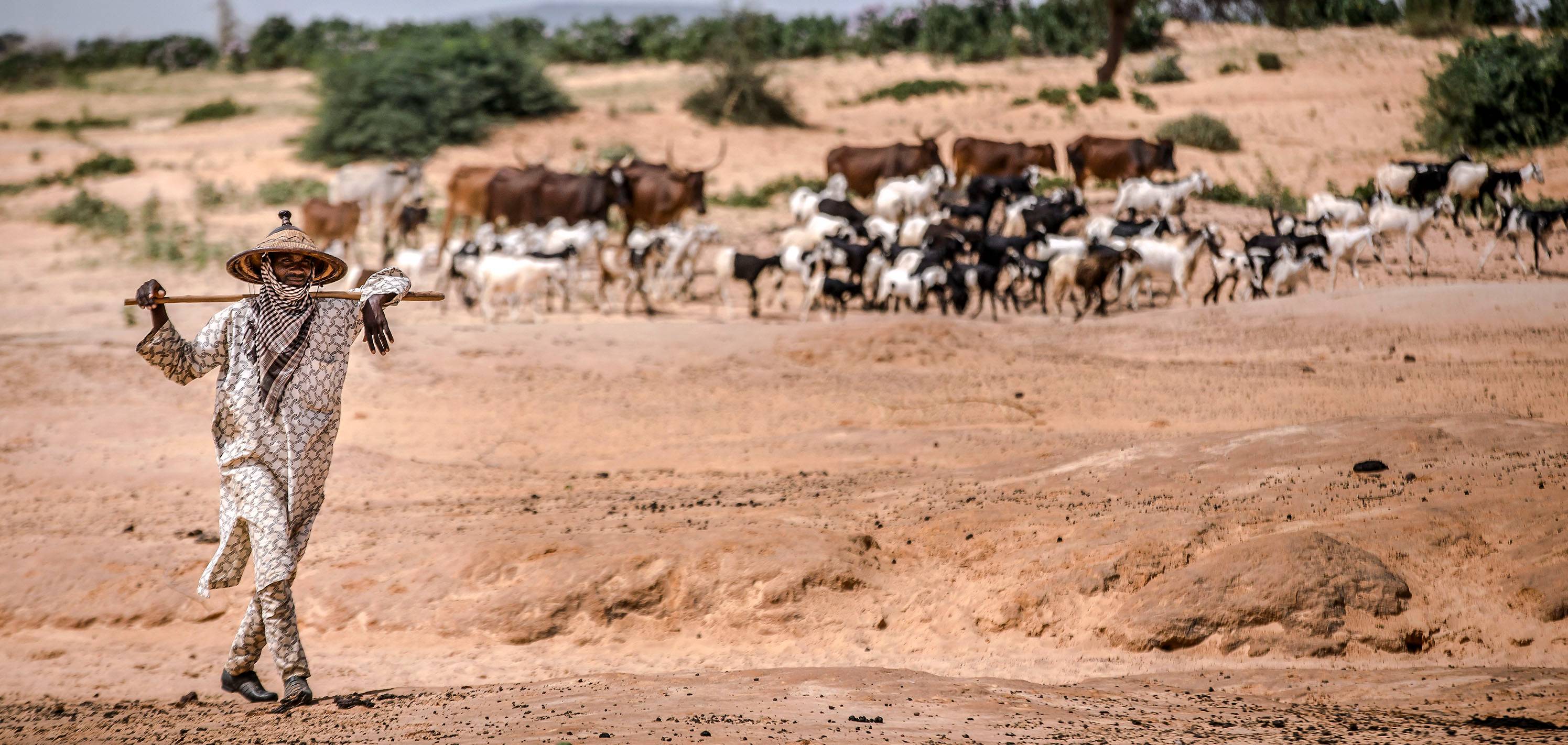
Western and Central Africa continue to face protracted insecurity and political instability, with conflicts in Central Sahel and the Lake Chad Basin (Burkina Faso, Cameroon, Chad, Mali, the Niger and Nigeria), and persistent armed violence in Central African countries such as in the Central African Republic. The impacts of such challenges are compounded by climate extremes, disease outbreaks and economic crises, including due to the socioeconomic consequences of the COVID-19 pandemic. Extreme poverty in the region has increased and the combined effects of these factors have led to a deterioration of food insecurity and malnutrition, especially in conflict-affected areas. This includes the Democratic Republic of the Congo – still the world’s largest food crisis.
News
.tmb-th600x400.jpg?Culture=en&sfvrsn=8b564c11_6)
News
FAO and WFP early warning report reveals worsening hunger in 13 hotspots; five with immediate risk of starvation
16/06/2025
Sudan, Palestine, South Sudan, Haiti, and Mali remain hotspots of highest concern, and Democratic Republic of the Congo has returned as a hunger hotspot...
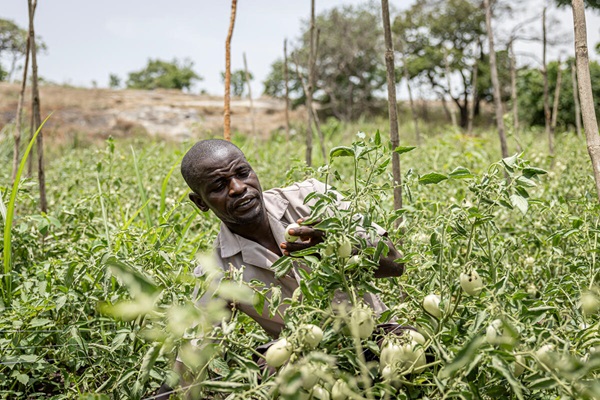
News
Acute food insecurity and malnutrition rise for sixth consecutive year in world’s most fragile regions – new report
16/05/2025
In 2024, over 295 million people across 53 countries and territories faced acute hunger—an increase of almost 14 million people compared to 2023, while...

News
Desert locust movements in Northwest Africa raise concern amid spring breeding season
29/04/2025
FAO calls to enhance monitoring and initiate early control measures in affected countries
Publications
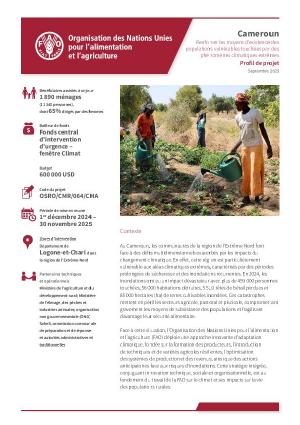
Publications
Cameroon: Strengthening the livelihoods of vulnerable populations affected by extreme weather events (In French)
09/2025
In Cameroon, communities in the Far North region face multidimensional challenges aggravated by the impacts of climate change.
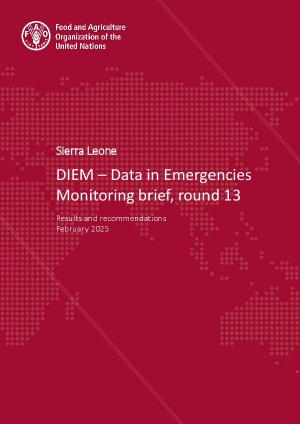
Publications
Sierra Leone: DIEM – Data in Emergencies Monitoring brief, round 13
09/2025
This Data in Emergencies Monitoring (DIEM-Monitoring) brief shares the results of the thirteenth-round assessment conducted in January and February...
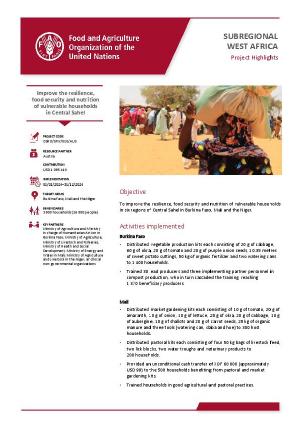
Publications
Subregional West Africa: Project Highlights - OSRO/SFW/010/AUS
08/2025
In recent years, the Sahel region, and more specifically the central Sahel, which includes Burkina Faso, Mali and Niger, has been facing increasing...
Multimedia
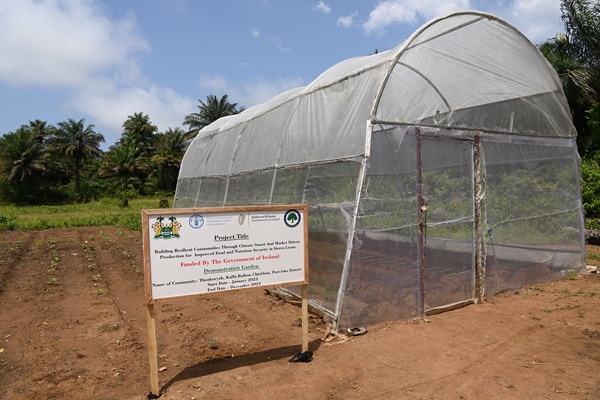
Photo Collection
Sierra Leone: Building resilient communities through climate-smart and market-driven production for improved
22/01/2025
View this gallery on Flickr
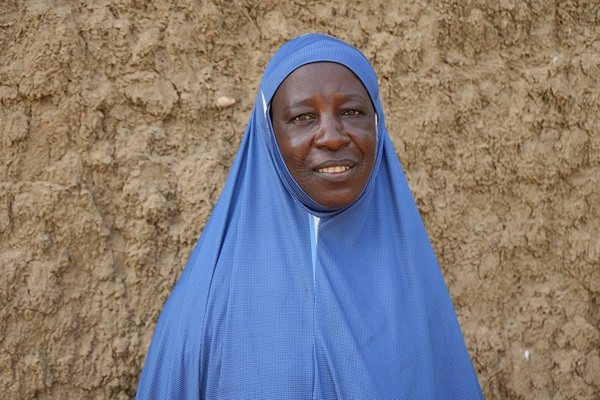
Photo Collection
Niger: Mitigating floods impacts through anticipatory actions involving local communities
20/08/2025
View this gallery on Flickr.
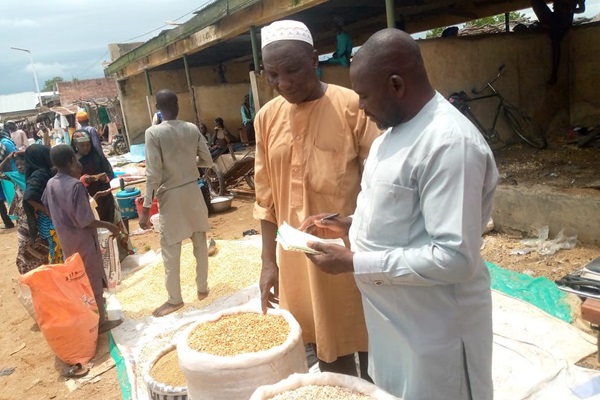
Photo Collection
Nigeria: DIEM-Monitoring Agricultural inputs survey, round 1
08/07/2024
View this gallery on Flickr.
Support beekeepers to restore honey production in Yemen
The livelihoods of Yemeni beekeepers have been severely disrupted by ongoing conflict and economic shocks. To improve smallholder beekeepers' productivity and resilience, a FAO project supported by the World Bank and funded by the Global Agriculture and Food Security Program, supported 700 small-scale beekeepers (4 percent of them women) to enhance honey production.
Beekeepers received trainings on honey production, bee feeding, use of the equipment. FAO provided eight modern beehives containing bee colonies to each of the targeted 700 small-scale beekeepers. Additionally, farmers were supported with honey extractors (one for every five beekeepers) and honey production kits to enhance honey production in targeted areas. Subsequently, FAO organized refresher training for all beneficiaries on the use and management of modern beehives and tools distributed. The refresher training aimed at reviewing topics covered during the initial training as well as focusing on honeybee diseases and pest management.
Annual production is now at 36–40 kg of honey per beekeeper from the eight beehives. This translates to a financial gain of about YER 1 080 000 (USD 1 800) per annum per beekeeper at the rate of YER 30 000 per kg of honey. Some farmers have even scaled up. Salem Ahmed Al-Diyli, from Shabwah, a beekeeper who participated in the project, increased his hives from eight to 30 hives. The additional hives were procured using income generated from the initial honey and wax production.
19/05/2022
